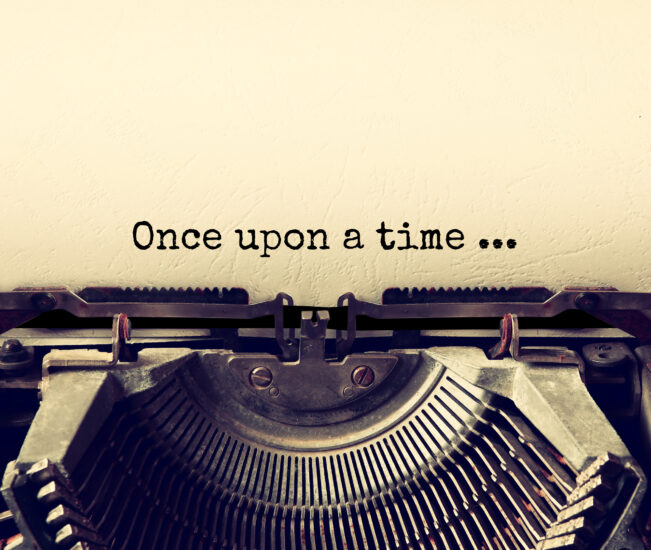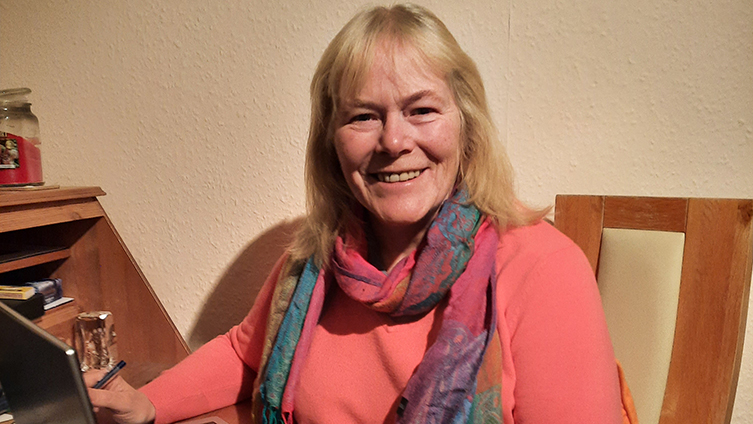
When it comes to “Friend” fiction, nothing can beat a believable hero.
Someone whom the reader can identify with through the course of a story. But just because you want people to identify with them doesn’t mean they should be perfect.
Who wants to read about protagonists who sail through the course of a story, achieving everything they set out to do?
When it comes to convincing characterisation, it’s good practice to let the rough diamonds shine.
Whatever the imperfections, a protagonist should have redeeming qualities that the writer can use to good effect.
The problems and obstacles the character is then faced with can be overcome with determination and a sense of purpose. A flaw or two will encourage self-growth and development on the page.
Flaws can be physical, emotional or moral (the beliefs and ideas that help shape personality).
The flaws themselves don’t have to be inherently destructive — such as anger or dishonesty. They can be traits that affect a character’s thoughts and feelings.
Am I too fat, too thin? Am I too indecisive, or over-confident and reckless?
These personality traits will make a character more believable to the reader.
Think of Edward Rochester in Charlotte Brontë’s “Jayne Eyre”. A dark, brooding persona if ever there was one, but even he was tamed by true love in the end. Albeit it through tragic circumstances.
In the film “As Good As It Gets”, Jack Nicholson plays the cantankerous, obsessive Melvin. There’s a line in the film when Melvin, after he has said something awful about his love interest, Carol’s, choice of attire, apologises.
By way of explanation, he adds, “You make me want to be a better man.”
What a line of dialogue! The scene not only highlights Melvin’s imperfections, but his redeeming qualities, too.
The “Friend” reader likes nothing more than being able to relate to their heroes and heroines.
And they will appear all the more real if they have imperfections along the way.
For more writing advice from the “Friend” Fiction team, click here.




